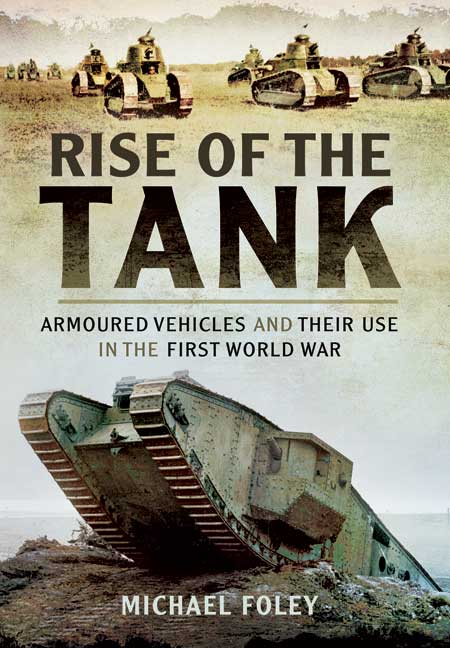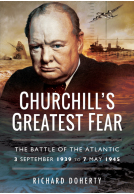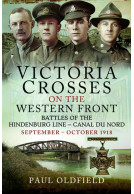Rise of the Tank (ePub)
Armoured Vehicles and their use in the First World War
Imprint: Pen & Sword Military
File Size: 32.0 MB (.epub)
ISBN: 9781473840812
Published: 1st September 2014
| Other formats available - Buy the Hardback and get the eBook for free! | Price |
|---|---|
| Rise of the Tank Hardback Add to Basket | £19.99 |
The tank played a hugely successful part in the Allied war effort during the First World War. It is a mystery, then, why the development of the weapon took so long and was resisted so fiercely by a number of key men and government departments. The idea of an armoured vehicle was far from new by the outbreak of war in August 1914. As early as the fifteenth century Leonardo da Vinci imagined wheeled vehicles equipped with canons. In 1903 H.G. Wells described his version of the tank to be armourplated, have internal power and be able to cross trenches; characteristics that were remarkably similar to the tanks that trundled onto the Somme battlefields thirteen years later.
In this book the author analyses key questions surrounding the tank including why senior army personnel were so opposed to its development and content to continue to send wave after wave of unprotected men into the mouths of German machine guns. We also learn more about Lord Kitchener and his scepticism of the tank, which led to the weapon being developed by the Royal Navy under the watchful eye of Winston Churchill. Was Kitchener's death in June 1916 a major component behind the tank finally being used in a combat situation?
The author then explores the enemy feeling towards the tank and evaluates why the German high command had little use for it. By the end of the war the Germans had produced only twenty of their own. Did this contribute to an ultimate Allied victory?
These and many other questions are answered in Rise of the Tank. Split into four chapters that deal with the idea and development, the tank in action and the men who operated them, and illustrated with more than 100 original images, the book should appeal to First World War and military vehicle enthusiasts alike.
This is an excellent book for both beginners and expert tread-heads alike. Two thumbs up!
Suppressing Fire
[A] very hard act to follow, achieving a completeness as a comprehensive review of the introduction and rise of the tank as a battle-winning weapon system.
Firetrench
An interesting read about the those early days of tank development. Well worth reading for those interested in the history of the tank, which today, 100 years later, is still a major influence on the battlefield.
Military Modelling Magazine
Michael Foley has done a fine job here, and I feel he has more good books on tanks to come.
Destructive Music
As seen in the Barking and Dagenham Post.
Barking and Dagenham Post
About Michael Foley
Michael Foley developed his interest in railways after training to be a guard on goods trains. He later qualified as a teacher and spent much of his teaching career in primary schools in the East End of London. After leaving teaching to become a full-time carer to his twin grandsons, who were severely disabled, he began to write seriously for the first time. Since then he has had more than thirty local and military history books published. He has contributed numerous articles to magazines such as Best of British, This England, Essex Life and Britain at War. He has also had short stories published in My Weekly magazine. In recent years, he has written a weekly football column for the Havering Post and a weekly local history column for the Dagenham Post. He lives in Romford with his wife and grandson.




















